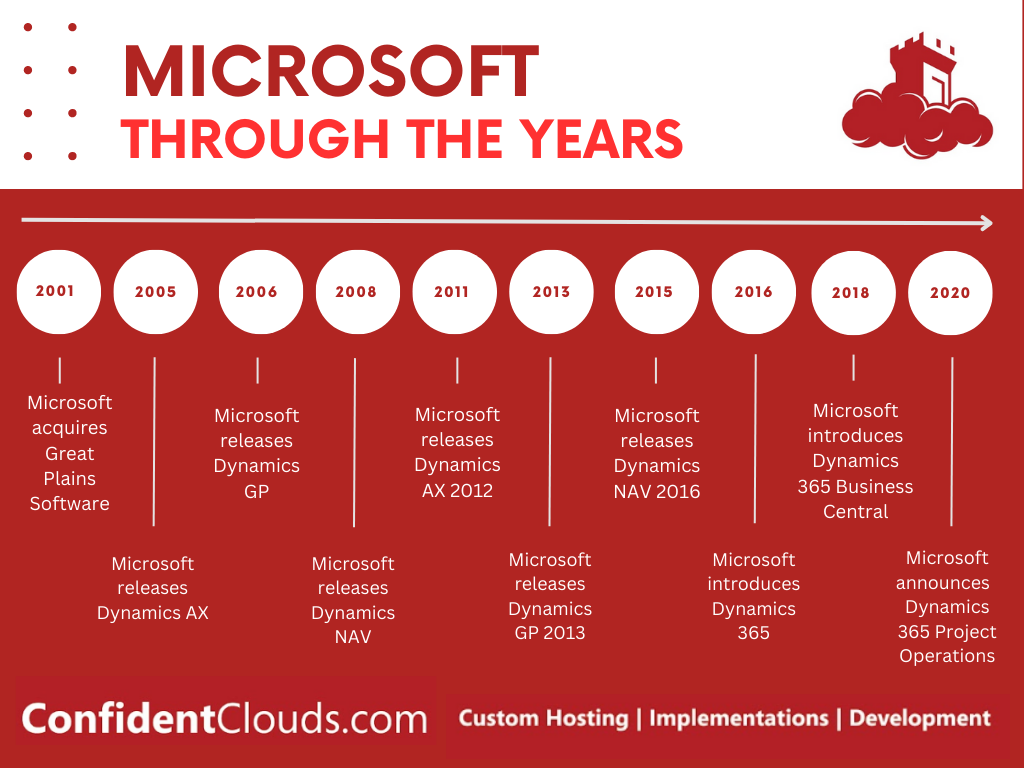What is ERP?
ERP stands for Enterprise Resource Planning, which is a type of software used by businesses to manage and integrate their core business processes, such as accounting, procurement, human resources, inventory, and supply chain management. This system has been used since the late 1960s and is now widely used by organizations of all sizes, from small businesses to large enterprises, across a variety of industries, including manufacturing, retail, healthcare, and finance. ERP systems are often modular, allowing businesses to choose the exact functionality they need, and can be customized to meet specific requirements. The purpose of an ERP system is to provide a unified view of an organization’s data, automate business processes, improve operational efficiency, and provide insights into the performance of the business.
Most Commonly Known ERP Systems
There are many ERP systems available on the market, each with their own set of features and functionality. Some of the most popular ERP systems include:
SAP ERP: One of the largest and most well-known ERP systems, SAP offers a comprehensive suite of tools for managing financials, procurement, inventory, and more.
Oracle ERP: Oracle’s ERP system is designed to help organizations automate and streamline their business processes, with modules for financial management, procurement, project management, and more.
Microsoft Dynamics ERP: Microsoft’s ERP system offers a range of tools for managing finances, supply chain, manufacturing, and more, and is designed to integrate with other Microsoft products.
Infor ERP: Infor offers a suite of ERP solutions for businesses of all sizes, with modules for financials, human resources, supply chain management, and more.
NetSuite ERP: NetSuite is a cloud-based ERP system that offers a range of tools for managing financials, inventory, manufacturing, and more.
These are just a few examples of the many ERP systems available on the market. The perfect ERP system for a business will depend on its individual needs and requirements. Factors to consider when selecting an ERP system include the size of the organization, its industry, the specific functionalities needed, the budget, and the level of customization required. Before selecting an ERP system, it is important to research the available options, determine the best fit for the organization, and ensure that the system is able to meet its needs. Researching different ERP systems and understanding the features and capabilities of each can help organizations make the best decision for their unique needs.



Comments are closed.